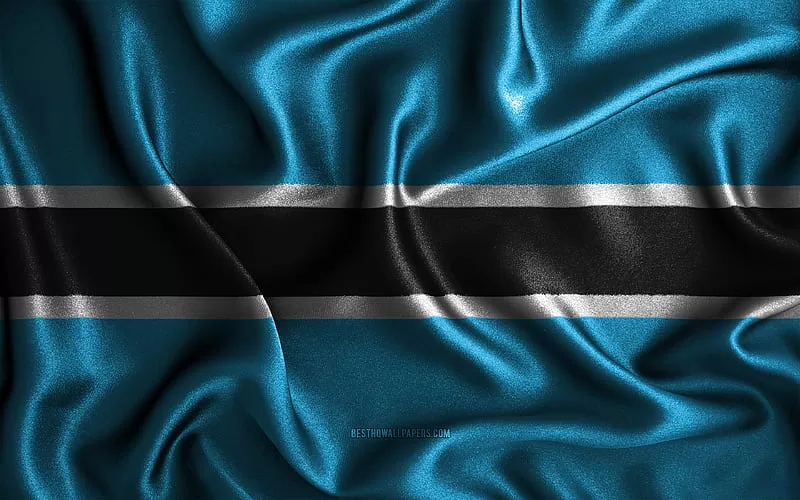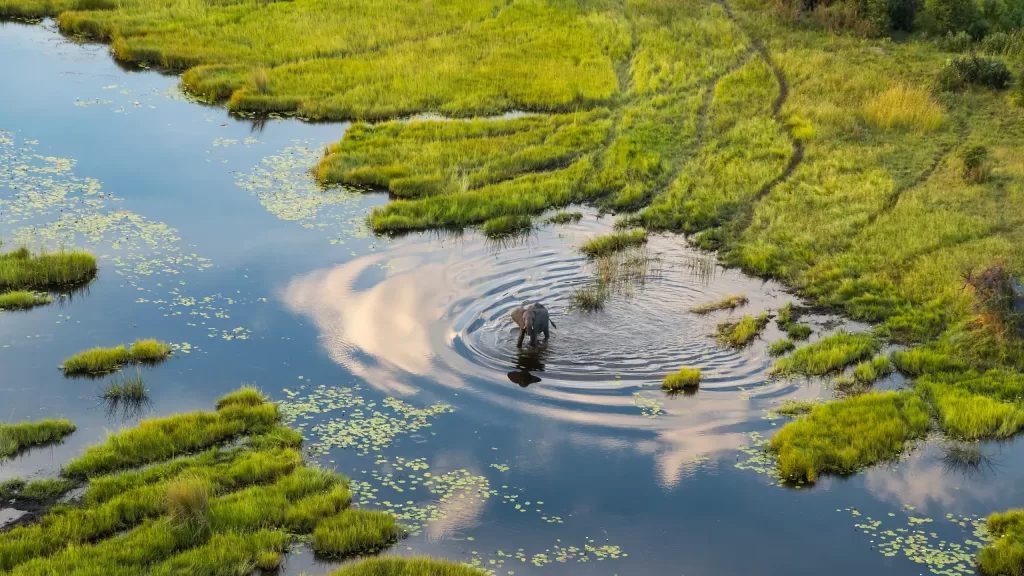Botswana Country Report

Botswana is a beautiful country located in Southern Africa. It is known for its stable political system and vibrant democracy. The country has a multi-party system, with the Botswana Democratic Party (BDP) being the dominant political party. Botswana has a strong commitment to good governance, transparency, and the rule of law. Botswana has enjoyed a long period of political stability since gaining independence in 1966. The country has a democratic system with regular elections and a strong emphasis on human rights and social welfare.
The government of Botswana has implemented various policies to promote economic development, environmental conservation, and social progress. One notable aspect of Botswana’s political landscape is the system of tribal governance, which coexists with the formal political structure. The traditional leaders, known as dikgosi, play an important role in local governance and decision-making.Botswana’s level of criminal activity is relatively low by local standards, although crime rates have increased in recent years. The most serious crime threat to visitors and expats in the city is petty theft, such as pickpocketing and theft of abandoned items. Violent crime has become a prominent problem in some areas, but foreign tourists are rarely affected.
Botswana’s infrastructure is also relatively good compared to many other countries in the region, with a fairly extensive and well-maintained road network. While the country’s major urban centers have modern amenities and adequate medical facilities in Gaborone, rural areas are significantly underdeveloped and lack some basic services.
Last updated: April 7, 2022
Security
Botswana is known for its relatively low crime rate and stable security environment. The government of Botswana has implemented various measures to ensure the safety and well-being of its citizens and visitors. Law enforcement agencies in Botswana work diligently to maintain law and order. The Botswana Police Service plays a crucial role in ensuring public safety and responding to any security concerns. They have a strong presence throughout the country, including in urban areas and popular tourist destinations. Botswana’s commitment to security extends to its borders as well. The country maintains strict border control measures to prevent illegal activities and maintain the safety of its citizens and visitors. Additionally, Botswana has a well-functioning judicial system that upholds the rule of law and ensures that justice is served. While Botswana is generally considered safe, it’s always important to exercise caution and take common-sense precautions, just like you would in any other country. This includes being aware of your surroundings, avoiding isolated areas at night, and safeguarding your belongings.
Last updated: April 20, 2022
Infrastructure

Botswana has made significant investments and progress in recent years. The government has focused on developing and improving various aspects of infrastructure, including transportation, telecommunications, and energy. Botswana has a well-maintained road network that connects major cities and towns, making travel within the country relatively convenient. The government has also invested in the expansion and improvement of airports, including the Sir Seretse Khama International Airport in Gaborone. In terms of telecommunications, Botswana has a reliable and modern telecommunications network, providing access to mobile and internet services across the country. This has contributed to increased connectivity and communication capabilities for both residents and businesses.
Overland travel in Botswana can be dangerous due to the low driving standards of some local road users and the risk of encountering wildlife and animals on rural roads. Much of the country’s road network is paved and relatively well maintained, although some trails in remote areas are compacted as dirt or gravel roads, making it difficult for four-wheel drive vehicles.
Electricity and telecommunications infrastructure are generally reliable in metropolitan centers, but service delivery and mobile network coverage can be poor in remote areas. Botswana has improved its oil import program in recent years, and the number and frequency of blackouts and fuel shortages have decreased significantly, but they still occur occasionally.
Last updated: April 20, 2022
Environment

Botswana is known for its diverse and beautiful natural environment. The country is home to various ecosystems, including the Kalahari Desert, savannas, wetlands, and the Okavango Delta. These habitats support a rich array of wildlife, including elephants, lions, giraffes, and many more. Botswana has taken significant steps to protect its environment and promote sustainable practices. The government has implemented conservation initiatives, established national parks and game reserves, and encouraged responsible tourism. The Okavango Delta, a UNESCO World Heritage Site, is a prime example of Botswana’s commitment to preserving its natural treasures.
In addition to wildlife conservation, Botswana has made efforts to address environmental challenges such as climate change and water management. The country has invested in renewable energy projects and sustainable land management practices. Overall, Botswana’s environmental efforts aim to maintain the delicate balance between development and conservation, ensuring that future generations can continue to enjoy the country’s remarkable natural beauty.
Last updated: March 11, 2022
Health and Medical
When it comes to health and medical services in Botswana, the country has made significant progress in recent years. Botswana has a well-established healthcare system that provides accessible and quality healthcare services to its citizens. The government of Botswana has invested in healthcare infrastructure, including hospitals, clinics, and health centers, to ensure that medical services are available across the country. There are both public and private healthcare facilities, offering a range of services from primary care to specialized treatments. Botswana has also made efforts to combat major health challenges, such as HIV/AIDS. The country has implemented successful prevention and treatment programs, resulting in a significant decline in HIV prevalence rates. In terms of medical education and research, Botswana has its own medical school, the University of Botswana School of Medicine, which trains local doctors and healthcare professionals.
Last updated: July 27, 2023
Political
Botswana is known for its stable and democratic political system. It is a multi-party democracy with regular elections and a strong emphasis on good governance. The country is governed by a President who is both the Head of State and the Head of Government. The President is elected through a national election and serves a maximum of two terms. The Parliament of Botswana consists of two chambers: the National Assembly and the House of Chiefs. The Botswana Democratic Party (BDP) has been the dominant political party since the country’s independence in 1966. However, there are other political parties that participate in the democratic process and contribute to the political landscape of Botswana.
Last updated: April 14, 2022















